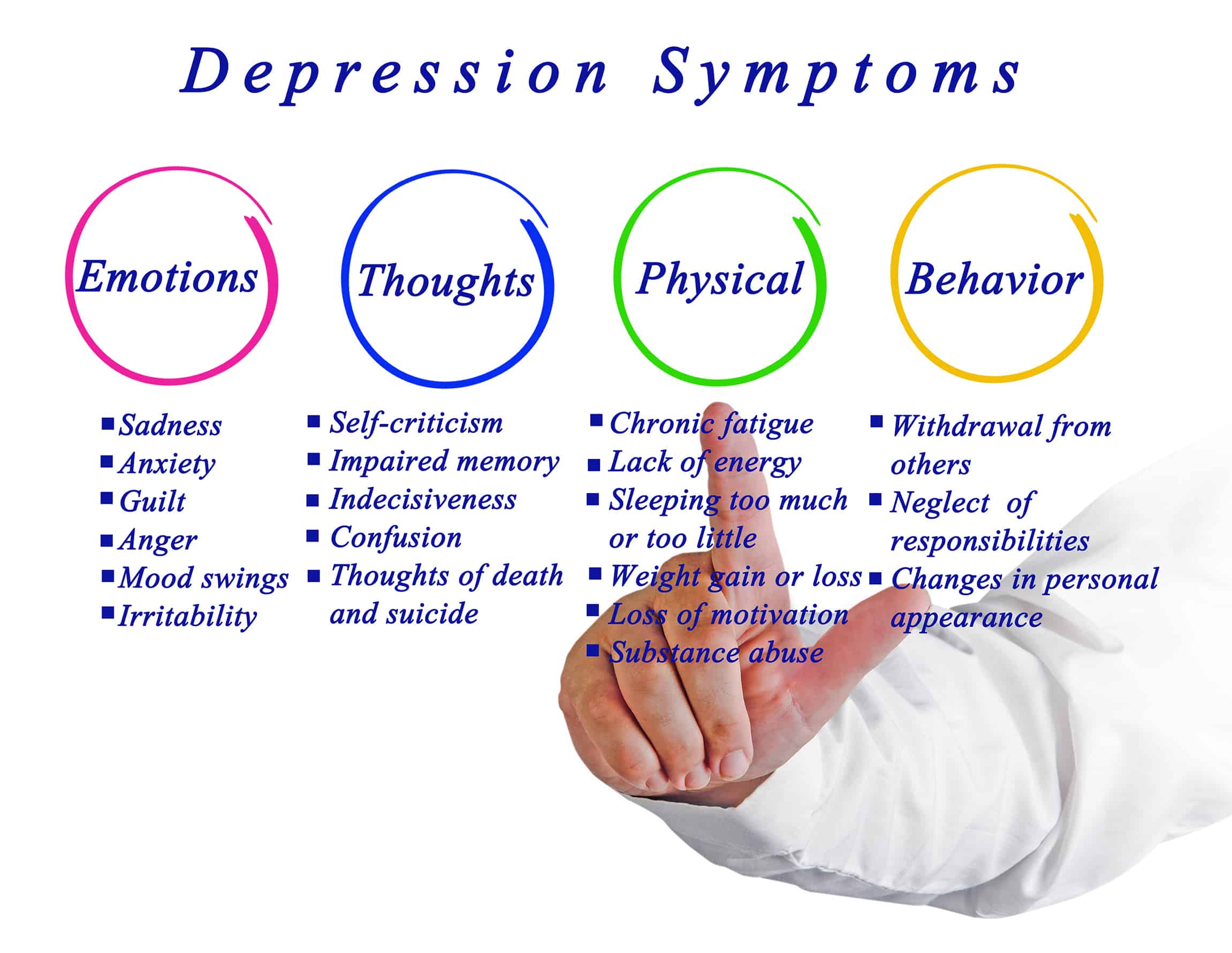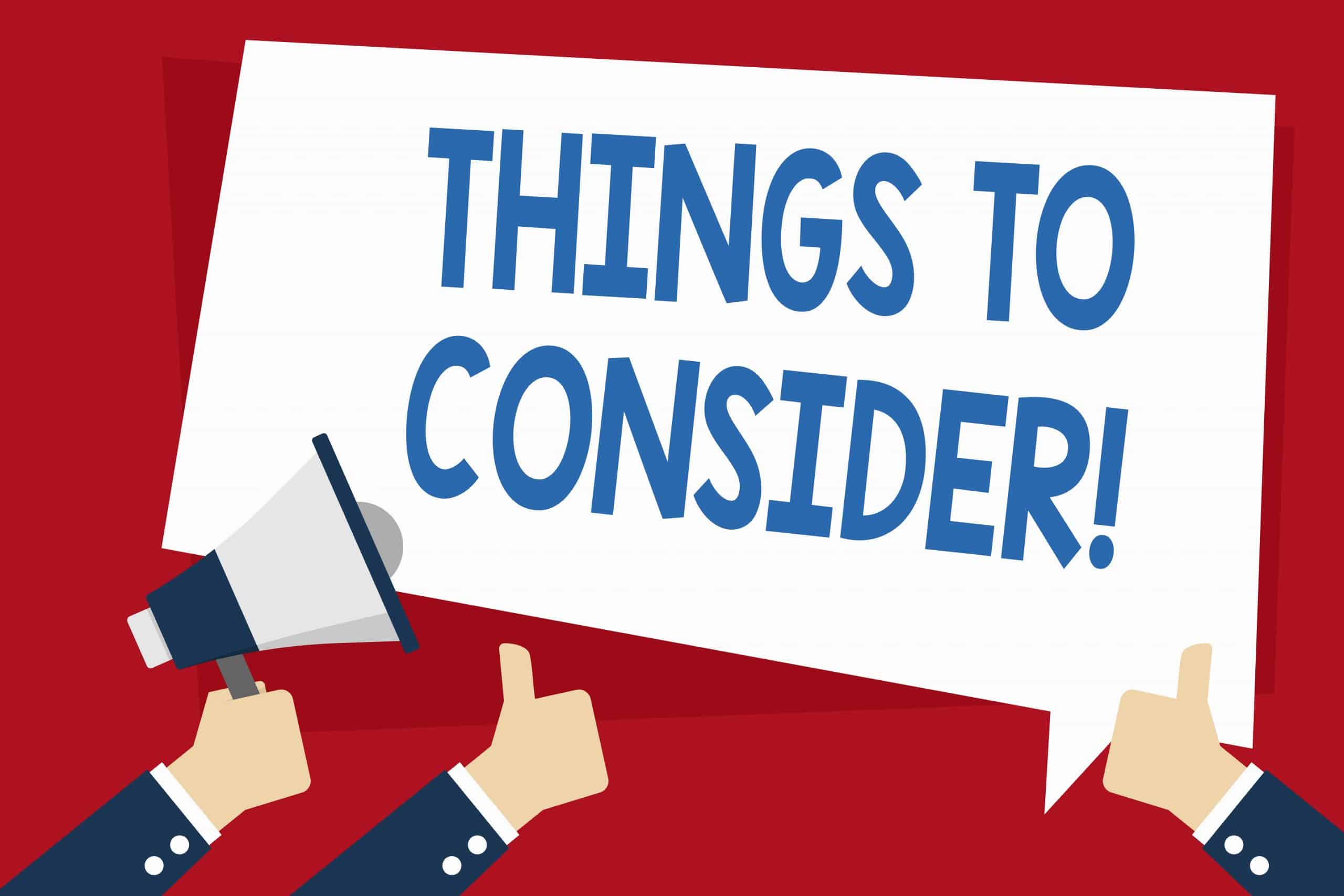Looking for Expert-Level VA Claim Answers?📱Call Us Now! 737-295-2226
In this guide, we will be exploring my Top 5 Tips to Increase Your VA Rating for Depression in less time.
This is your Definitive Guide to getting the proper VA Disability Rating for Depression.
Depression VA Ratings depend on the severity of a veteran’s mental health symptoms, meaning, the more severe your symptoms, the higher the VA rating for Depression.
The average VA Rating for Depression is currently at 70%, but veterans can be rated from 0% to 100%, with breaks at 10%, 30%, 50%, and 70%.
Okay, let’s first examine some research studies about Veterans and Depression, and then we will jump into the general rating scale for mental health conditions.
Summary of Key Points
-
A VA rating for depression can be 0%, 10%, 30%, 50%, 70%, or 100%.
-
Criteria for VA Disability: To qualify for VA disability for depression, veterans need a medical diagnosis, evidence linking symptoms to military service, and current symptoms that significantly affect daily functioning.
-
Severity Determines Your Rating: VA Ratings are assigned based on the frequency, severity, and duration of symptoms.
-
Winning a VA claim involves more than symptom reporting, requiring evidence of service connection and understanding the nuances of VA ratings.
Table of Contents
How Many Veterans Suffer from Depression?

A lot of veterans struggle with depression, including many who deployed to a combat zone such as Vietnam, Iraq, and Afghanistan.
A 2008 VA study estimated that about 1 in 3 (33.3%) Veterans visiting primary care clinics have some symptoms of depression; 1 in 5 (20%) have serious symptoms that suggest the need for further evaluation for Major Depressive Disorder; and 1 in 8 (12.5%) to 1 in 10 (10%) have major depression, requiring treatment with psychotherapy and antidepressants.
However, I think these numbers are way low, mainly because Veterans often don’t trust mental health professionals. Many want to avoid the stigma of weakness and, therefore, aren’t honest about their mental health issues.
Being honest about mental health as a Veteran is like those alcohol screening questionnaires we had to complete during military service.
Laughable.
Do you drink alcohol?
We all answered “no” or “less than 3 drinks per week” to avoid the possibility of your chain-of-command getting notified that you’re an alcoholic.
Signs and Symptoms of Depression in Veterans

According to the Mayo Clinic, Depression is a “mood disorder that causes a persistent feeling of sadness and loss of interest.”
Clinical Depression is most often diagnosed as Major Depressive Disorder (MDD), and it affects how you feel, think, and behave and can lead to a range of mental, emotional, physical, and social problems.
Veterans may have trouble accomplishing normal day-to-day activities. For example, you may be too depressed to leave your home or get out of bed, and sometimes you may even feel as if life isn’t worth living (suicidal thoughts).
Pre-screening for Major Depressive Disorder typically begins with having a Veteran complete the Patient Health Questionnaire (PHQ-9).
The Mayo Clinic has outlined common signs and symptoms of Depression in Veterans including some or all of the following:
- Feelings of sadness, tearfulness, emptiness, or hopelessness
- Angry outbursts, irritability or frustration, even over small matters
- Loss of interest or pleasure in most or all normal activities, such as sex, hobbies or sports
- Sleep disturbances, including insomnia or sleeping too much
- Tiredness and lack of energy, so even small tasks take extra effort
- Reduced appetite and weight loss or increased cravings for food and weight gain
- Anxiety, agitation, or restlessness
- Slowed thinking, speaking, or body movements
- Feelings of worthlessness or guilt, fixating on past failures or self-blame
- Trouble thinking, concentrating, making decisions, and remembering things
- Frequent or recurrent thoughts of death, suicidal thoughts, suicide attempts, or suicide
- Unexplained physical problems, such as back pain or headaches
For many Veterans suffering from Clinical Depression, symptoms usually are severe enough to cause noticeable problems in day-to-day activities, such as work, school, life, social activities, or relationships with others.
The problem is we typically suffer alone in silence because we think we’re the only ones.
Guess what, fellow Veterans?
You are not alone and YOUR LIFE MATTERS!

Winning your VA Claim for Depression is About More Than Having Symptoms.
It takes more than symptoms to win your VA claim for depression. To be eligible for VA disability for depression, you must have four things:
- A medical diagnosis of Major Depressive Disorder. See a board-certified psychologist to receive a mental health evaluation and possible diagnosis.
- Evidence of an in-service event, injury, disease, or aggravation.
- Service connection. You have to prove your military service or other service-connected condition caused or aggravated your depression. A nexus letter or an Independent Medical Opinion will help establish a service connection.
- Current symptoms that are frequent enough, severe enough, and lasting long enough to impact your life.
If you need more information on how to link depression to military service, check out our guide on 3 Things the VA Needs to Prove Your Service-Connected Disability.
VA Disability Ratings for Depression
| Major Depressive Disorder VA Rating Criteria | Depression VA Ratings |
| Total occupational and social impairment, due to such symptoms as: gross impairment in thought processes or communication; persistent delusions or hallucinations; grossly inappropriate behavior; persistent danger of hurting self or others; intermittent inability to perform activities of daily living (including maintenance of minimal personal hygiene); disorientation to time or place; memory loss for names of close relatives, own occupation, or own name. | 100% |
| Occupational and social impairment, with deficiencies in most areas, such as work, school, family relations, judgment, thinking, or mood, due to such symptoms as: suicidal ideation; obsessional rituals which interfere with routine activities; speech intermittently illogical, obscure, or irrelevant; near-continuous panic or depression affecting the ability to function independently, appropriately and effectively; impaired impulse control (such as unprovoked irritability with periods of violence); spatial disorientation; neglect of personal appearance and hygiene; difficulty in adapting to stressful circumstances (including work or a worklike setting); inability to establish and maintain effective relationships. | 70% |
| Occupational and social impairment with reduced reliability and productivity due to such symptoms as: flattened affect; circumstantial, circumlocutory, or stereotyped speech; panic attacks more than once a week; difficulty in understanding complex commands; impairment of short- and long-term memory (e.g., retention of only highly learned material, forgetting to complete tasks); impaired judgment; impaired abstract thinking; disturbances of motivation and mood; difficulty in establishing and maintaining effective work and social relationships. | 50% |
| Occupational and social impairment with occasional decrease in work efficiency and intermittent periods of inability to perform occupational tasks (although generally functioning satisfactorily, with routine behavior, self-care, and conversation normal), due to such symptoms as: depressed mood, anxiety, suspiciousness, panic attacks (weekly or less often), chronic sleep impairment, mild memory loss (such as forgetting names, directions, recent events). | 30% |
| Occupational and social impairment due to mild or transient symptoms which decrease work efficiency and ability to perform occupational tasks only during periods of significant stress, or symptoms controlled by continuous medication. | 10% |
| A mental condition has been formally diagnosed, but symptoms are not severe enough either to interfere with occupational and social functioning or to require continuous medication. | 0% |
0% VA Rating
A mental condition has been formally diagnosed, but symptoms are not severe enough either to interfere with occupational and social functioning or to require continuous medication.
This means you have a diagnosis of Depression, but no subjective symptoms.
You have no occupational and social impairment at the 0% VA depression rating.
10% VA Rating
Occupational and social impairment due to mild or transient symptoms which decrease work efficiency and ability to perform occupational tasks only during periods of significant stress, or symptoms controlled by continuous medication.
Translation: You have very mild symptoms of Depression.
Maybe you take antidepressants, but these medications keep your symptoms in check.
You may have bouts of Depression every so often, but not routinely.
30% VA Rating
Occupational and social impairment with occasional decrease in work efficiency and intermittent periods of inability to perform occupational tasks (although generally functioning satisfactorily, with routine behavior, self-care, and conversation normal), due to such symptoms as: depressed mood, anxiety, suspiciousness, panic attacks (weekly or less often), chronic sleep impairment, mild memory loss (such as forgetting names, directions, recent events).
The 30% VA rating for depression still has fairly mild symptoms.
Perhaps you have some depression, anxiety, memory loss, and panic attacks, but not very often.
You might be having some trouble sleeping along with mild memory loss.
Typically, you’re having panic attacks LESS than once per week.
50% VA Rating
Occupational and social impairment with reduced reliability and productivity due to such symptoms as: flattened affect; circumstantial, circumlocutory, or stereotyped speech; panic attacks more than once a week; difficulty in understanding complex commands; impairment of short- and long-term memory (e.g., retention of only highly learned material, forgetting to complete tasks); impaired judgment; impaired abstract thinking; disturbances of motivation and mood; difficulty in establishing and maintaining effective work and social relationships.
The 50% VA rating for depression has moderately severe symptoms.
The biggest difference between the 30% and 50% rating is that at this level, you’re having a lot of trouble in your relationships.
Perhaps you don’t have any friends or just want to be alone.
Maybe you’ve completely lost interest in activities or hobbies you once enjoyed.
You may even be divorced or can’t get along with your spouse anymore (angry outbursts and such).
The other difference is you’re now having panic attacks MORE than one time per week.
70% VA Rating
Occupational and social impairment, with deficiencies in most areas, such as work, school, family relations, judgment, thinking, or mood, due to such symptoms as: suicidal ideation; obsessional rituals which interfere with routine activities; speech intermittently illogical, obscure, or irrelevant; near-continuous panic or depression affecting the ability to function independently, appropriately and effectively; impaired impulse control (such as unprovoked irritability with periods of violence); spatial disorientation; neglect of personal appearance and hygiene; difficulty in adapting to stressful circumstances (including work or a work like setting); inability to establish and maintain effective relationships.
The 70% VA depression rating has very severe symptoms and is a big jump from the 50% level.
Notice the keyword change to “deficiencies in most areas.”
Maybe you constantly check windows and doors in your home or have other obsessive rituals as you go about your day, such as a video camera monitoring system around your property.
Your panic attacks, depression, and anxiety are now happening constantly.
You think about suicide often, meaning you’re having thoughts or even making plans.
You are unable to establish and maintain effective relationships at work and socially.
Maybe you don’t even want to leave your own home.
100% VA Rating
Total occupational and social impairment, due to such symptoms as: gross impairment in thought processes or communication; persistent delusions or hallucinations; grossly inappropriate behavior; persistent danger of hurting self or others; intermittent inability to perform activities of daily living (including maintenance of minimal personal hygiene); disorientation to time or place; memory loss for names of close relatives, own occupation, or own name.
The 100% VA rating for Depression has the most severe symptoms under the law.
Notice the change to “total occupational and social impairment.”
This means you’re having major issues at work and at home.
Perhaps you can’t work because your Depression is so severe.
This is the first time we see delusional thoughts, hallucinations, and grossly inappropriate behavior.
Severe memory loss and occasional inability to care for oneself are now present at the 100% level.
You might even require the Aid and Attendance of another person to help take care of you.
Two Important Factors Affecting VA Disability for Depression

A big misconception among veterans is that you need to meet ALL the subjective symptoms tied with a certain rating criterion for Depression in order to get that rating.
This is NOT true!
The Rating Veteran Service Representative (RVSR) will consider all the evidence of record, and normally will assign the VA rating for Depression that includes the “preponderance of the symptoms.”
For example, if a veteran has 3 of the symptoms from the 50 rating for Depression and 5 of the symptoms from the 70 percent rating for Depression, the rating agency shall assign the higher rating, unless evidence of record contradicts this subjective assessment.
The opposite is also true.
For example, if a veteran has 5 of the symptoms from the 30 rating for Depression and 3 of the symptoms from the 50 VA rating for Depression, the rating agency shall assign the lower rating, unless evidence of record contradicts this subjective assessment.
According to CFR 38, Part 4, Schedule for Rating Disabilities, Paragraph §4.126, evaluation of disability from mental disorders, the RVSR (VA Rating Official) is required to consider these two rules:
#1. When evaluating mental health symptoms in veterans, the rating agency shall consider the frequency, severity, and duration of psychiatric symptoms, the length of remissions, and the veteran’s capacity for adjustment during periods of remission.
The rating agency shall assign an evaluation based on all the evidence of record that bears on occupational and social impairment rather than solely on the examiner’s assessment of the level of disability now of the examination.
#2. When evaluating the level of disability for Depression, the rating agency will consider the extent of social impairment but shall not assign an evaluation solely based on social impairment.
You DESERVE a HIGHER VA rating.
Take advantage of a VA Claim Discovery Call with an experienced Team Member. Learn what you’ve been missing so you can FINALLY get the disability rating and compensation you’ve earned for your service.
How to File a VA Claim for Depression
A few steps exist to file a claim for VA disability for depression. We wrote a post with detailed instructions called Veterans: How to File a VA Claim – A Comprehensive FAQ Guide. But here are the basics:
Step 1: Submit Your Intent to File Online
Submitting an Intent to File gives you more time to gather evidence and prepare your claim. It also locks in the effective date of your condition, which could send back pay your way if your claim is approved.
To submit an Intent to File online, simply:
- Visit www.ebenefits.va.gov to register or log in
- Start a claim
- Complete the personal information page
- Hit “save” to establish your effective date (you’ll have one year to complete your application from this date)
Step 2: Gather the Evidence
Just like any other disability; to win a claim for VA disability for depression, you’ll have to provide several pieces of evidence. Have ready your:
- Current diagnosis from a medical professional
- Proof of service connection (remember, a nexus letter will help)
- DD214
- Any relevant medical records of medication and treatment
Step 3: Write a Statement in Support of Claim (VA Form 21-4138)
As the name suggests, you write a personal statement supporting your claim using this form. Completing this form will go a long way in creating a Fully Developed Claim (FDC) and proving a service connection.
Step 4: Submit Your VA Claim for Depression
There are three ways to submit your VA claim for depression:
- Online at VA.gov
- Through mail to: Department of Veterans Affairs Claims Intake Center, PO Box 4444, Janesville, WI 53547-4444
- In person at a local VA office
VA Rating for Depression (FAQs) Frequently Asked Questions
Is Depression a VA disability?
Yes, Depression is a VA disability.
Depression can be rated at 0 percent, 10 percent, 30 percent, 50 percent, 70 percent, or 100 percent, depending upon the Frequency, Severity, and Duration of your mental health symptoms.
The VA recognizes Major Depressive Disorder (MDD) as one of 31 mental health conditions that may be related to military service, and thus, Depression is a VA disability and is eligible for VA disability compensation under federal law.
What are the VA disability ratings for Depression?
If you are considered service-connected for Depression, you will receive one of six possible VA disability ratings, broken out as follows: 0%, 10%, 30%, 50%, 70%, or 100%. The VA will give you a disability rating based on the severity of your Depression, specifically related to your level of occupational and social impairment.
Can I have more than one mental health rating, such as PTSD and Depression?
You can, but it’s unlikely.
The reason is because Depression is normally an underlying symptom of another mental health condition, such as PTSD.
The only time a Veteran will be rated for more than one mental health condition is if the mental health symptoms and level of occupational and social impairment can be clearly differentiated among the different diagnosis.
For example, if you already have a VA rating for PTSD at 70%, and you also have a diagnosis of Major Depressive Disorder, the “depression” and “anxiety” will be rolled up as symptoms of PTSD, thus, you will NOT get rated separately for Depression due to the VA’s prohibition against Pyramiding.
Can I receive Special Monthly Compensation (SMC) for Depression?
Yes! VA Special Monthly Compensation under Category S is given if the veteran has at least one condition rated 100% AND one or both of the following:
#1. You are completely and permanently housebound because of his service-connected conditions, meaning that the veteran cannot leave his area of abode (this can include his own home, a hospital ward, or a care facility) at all, and this is expected to be the case for the rest of his life OR
#2. You have another condition rated 60% or a group of conditions together rated 60% that are unrelated to the 100% condition. For example, you have GERD rated at 60% and Major Depressive Disorder rated at 100%.
Veterans can get extra compensation each month, tax-free, if they meet the mental health housebound criteria.
See also: 2024 VA SMC Pay Rates
Can Depression be Permanent and Total?
Some veterans may receive a permanent and total rating, also known as 100% Permanent and Total or 100 Percent P&T.
If your Depression is not expected to improve, you may obtain the status of permanent and total disability.
Did you know VA Claims Insider has independent medical providers in our referral network who may be able to write a “Permanent and Total” letter for you to help you get a 100% P&T VA rating?
Can the VA reduce my disability rating for Depression?
Yes. Unfortunately, sometimes the VA will lower a veteran’s VA disability rating for depression.
If that happens to you, obtain new and relevant medical evidence for depression and challenge the VA’s decision to lower your rating.
How do I get a 100% VA disability rating for Depression?
Your Depression symptoms must be severe enough to warrant a 100% rating. However, you do NOT need to meet every subjective symptom listed under the general schedule to get rated at 100 percent for Depression.
Can I work with a 100% VA rating for mental health?
Yes, you can! It is a complete myth that having a mental health rating somehow means you can’t work.
Even if you have a 100% depression VA rating, there is no requirement or mandate that affects your work.
Will Depression affect my security clearance?
It is a myth that having Depression will somehow affect your security clearance.
Of course, you’ll need to report it to your security manager and update your SF 86; however, it has no impact on your security clearance.
Underrated for Depression or Other Mental Health Conditions?
It’s very simple to file for an increase if you already have a VA rating for Depression or other mental health conditions, such as PTSD.
Simply log in to VA.gov, open a Notice of Intent to File, and follow the prompts.
Here’s a video I did that shows you HOW to file a VA claim online, step-by-step.
How to File a VA Claim Online
Conclusion
Major Depressive Disorder hits the veteran community hard. Depression in veterans is as high as 33%. It’s a fact of life for many–during and after service–and can take a drastic toll on work and relationships. Thankfully, the VA recognizes this challenge and offers VA disability for depression so veterans can get the mental health support they deserve.
Combat experience, long-term physical pain, or many other life stressors can cause depression.
To be eligible for VA disability for depression, you must have four things:
- A medical diagnosis of Major Depressive Disorder.
- Evidence of an in-service event, injury, disease, or aggravation.
- Service connection. You have to prove your military service or other service-connected condition caused or aggravated your depression.
- Current symptoms that impact your daily life.
If you meet the above criteria, the VA will determine your VA rating for depression, which can be 0%, 10%, 30%, 50%, 70%, or 100%.
Related: HUGE VA Mental Health Changes Coming in 2024
About the Author

Brian Reese
Brian Reese is a world-renowned VA disability benefits expert and the #1 bestselling author of VA Claim Secrets and You Deserve It. Motivated by his own frustration with the VA claim process, Brian founded VA Claims Insider to help disabled veterans secure their VA disability compensation faster, regardless of their past struggles with the VA. Since 2013, he has positively impacted the lives of over 10 million military, veterans, and their families.
A former active-duty Air Force officer, Brian has extensive experience leading diverse teams in challenging international environments, including a combat tour in Afghanistan in 2011 supporting Operation ENDURING FREEDOM.
Brian is a Distinguished Graduate of Management from the United States Air Force Academy and earned his MBA from Oklahoma State University’s Spears School of Business, where he was a National Honor Scholar, ranking in the top 1% of his class.




